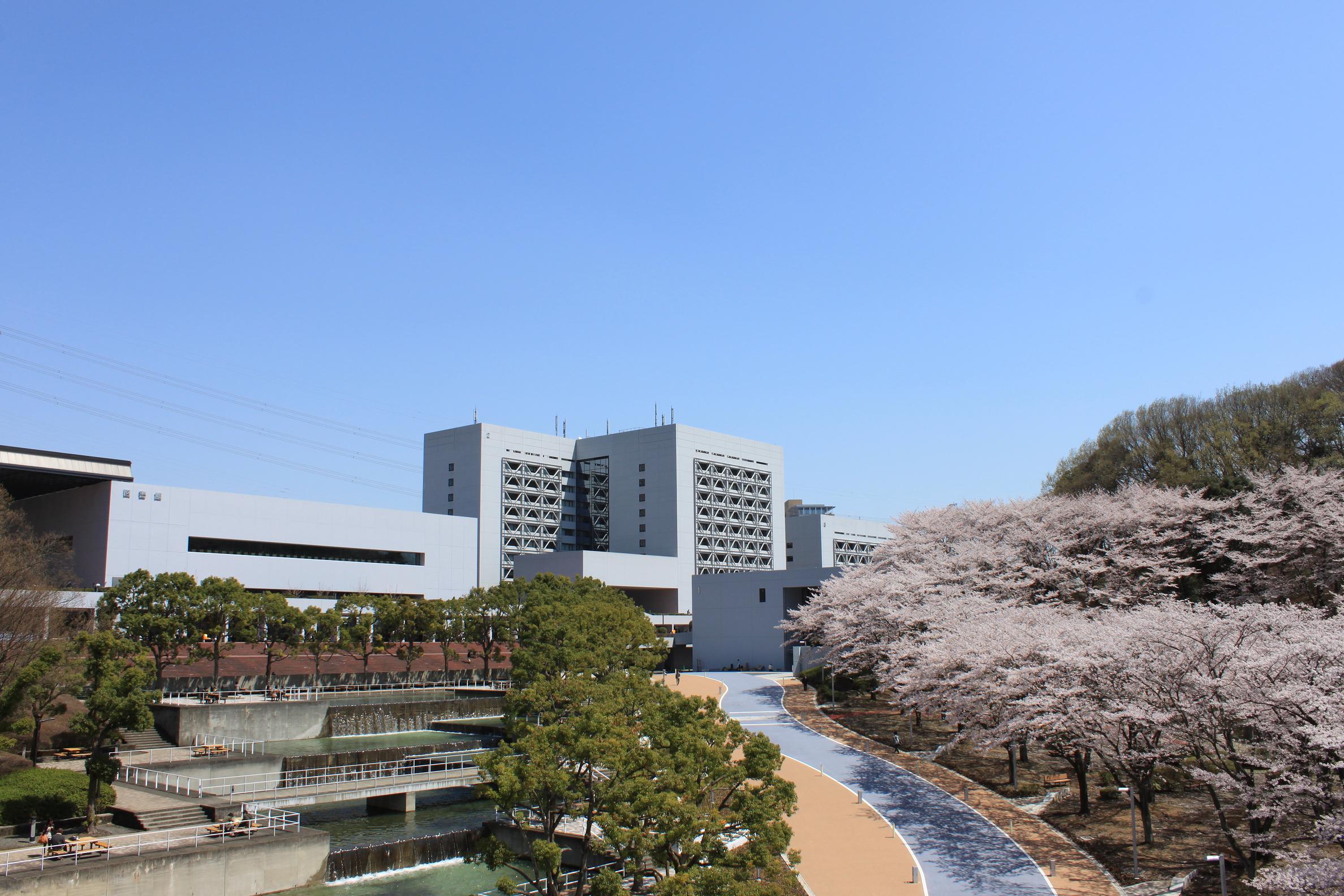A research group led by Professor Teruyuki Komatsu of Chuo University has succeeded in developing artificial blood (artificial plasma) for dogs.
Blood consists of blood cells (cell components such as red blood cells and white blood cells) and plasma (a liquid component in which proteins, vitamins, etc. are dissolved).In the case of humans, the protein "albumin", which is abundant in plasma, is formulated and administered as artificial plasma to patients with hypoalbuminemia, sepsis, etc.On the other hand, there are no albumin preparations for pets (dogs and cats), and it cannot be said that the blood transfusion treatment system for dogs and cats is fully established yet.
Therefore, Professor Komatsu et al. have developed "polyoxazoline-bound porcine albumin (POx-PSA)" by binding a synthetic polymer called polyoxazoline to the surface of porcine albumin extracted from porcine plasma.Since porcine albumin is usually a heterologous protein for dogs and cats, there is a risk that antibodies will be produced in the body upon administration and side effects will occur upon re-administration.To prevent this, antibody production can be avoided by conjugating highly biocompatible, non-immunogenic polyoxazolines.
Joint research with Tokai University, Saitama Medical University, Keio University, and the University of Tokyo confirmed the safety and efficacy of POx-PSA.When the POx-PSA solution was administered to hemorrhagic shock model rats, it recovered to the state before blood removal, and the safety of administration to dogs was also confirmed. The manufacturing process of POx-PSA consists of only two steps, and the yield is high. In addition to being able to be stored for a long time in powder form, it is said to have high osmotic pressure and excellent retention in the blood.
The realization of POx-PSA preparations will make a big step forward in establishing a system in which artificial plasma for dogs and cats is always available in veterinary hospitals and can be supplied at any time.The market is expected to reach the global scale, including both developed and emerging countries, and is said to be a groundbreaking invention that will revolutionize veterinary medicine.
Paper information:[Scientific Reports] Polyoxazoline-conjugated porcine serum albumin as an artificial plasma expander for dogs



